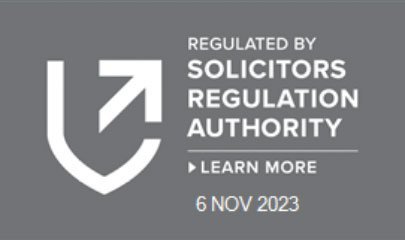A DAY IN THE LIFE OF
Louise Allard
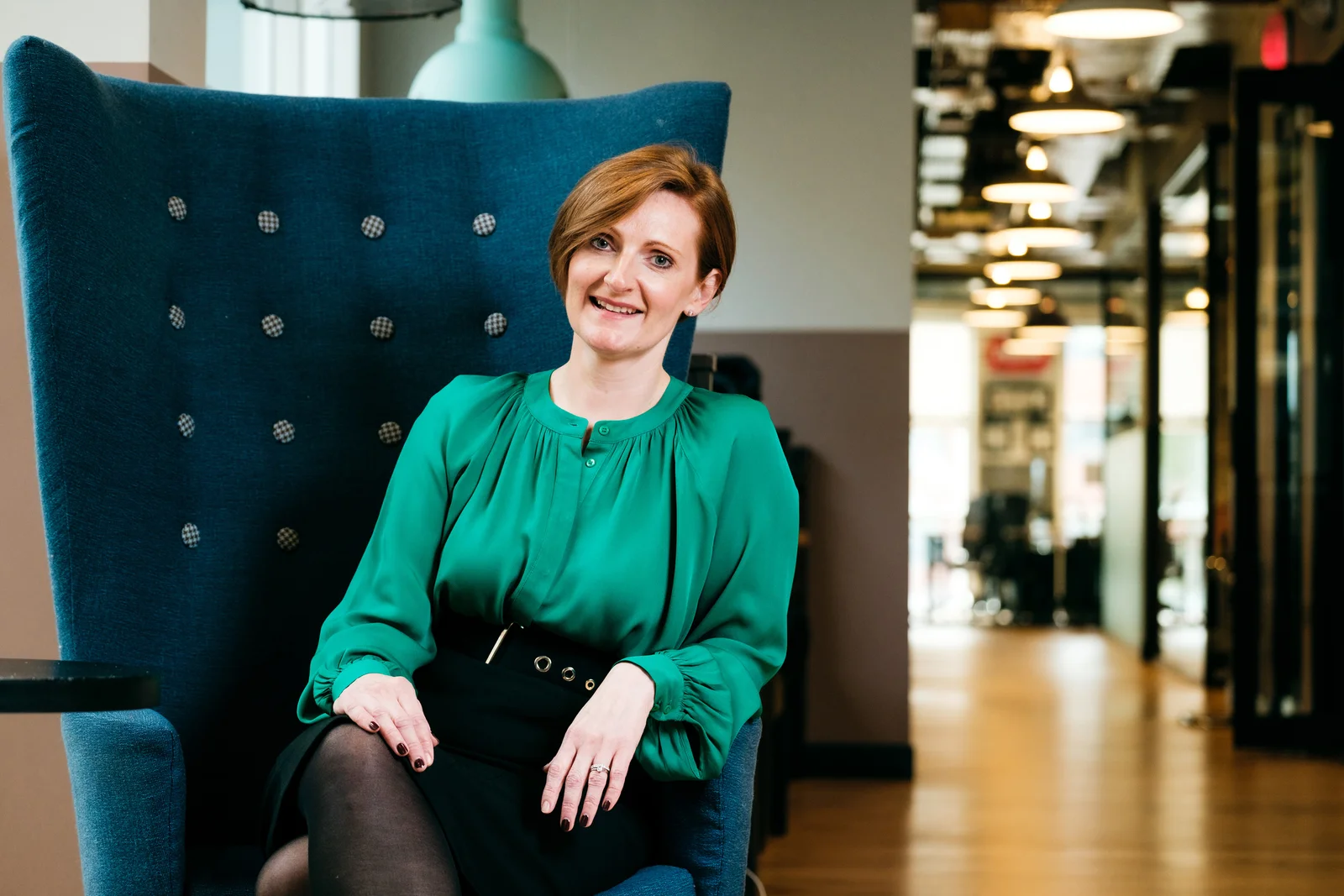
Louise Allard
Joint Managing Partner
A day in the life of Louise Allard
It is not often that the words formidable and warm-hearted go together, but you will see they apply equally to our joint Managing Partner, Louise Allard.
“I’m one of the lucky few who can say they love their job. I grew up watching legal dramas like LA Law and this is all I’ve ever really wanted to do.”

100 years since women were first allowed to become solicitors in UK*, nearly half are female. The law would seem a natural career choice for an ambitious woman with a passion for helping others. So why was it the glass ceiling that spurred Louise to co-found her own firm? In this day and age, does it really exist?
The fact is that although women account for nearly half of all solicitors, they hold less than 20% of senior positions.
Some women blame overt sexism within the profession, some men say that women lose their drive after having children. Louise believes that it is a lack of flexibility in working practices, which has caused women to choose between career and family – or have that choice forced on them.
“This is a problem that has affected women more than men because women tend to take the lead role in parenting. As the millennial generation grows in the workforce it is an issue that will be felt by everyone.”
She agrees that change is happening, but it was not happening quick enough for her.
“I have devoted a lot of time to my career and didn’t intend to do any less after I started my family. I wanted to continue moving forward and working full-time, but I needed some flexibility to balance my work and family commitments. My family was happy to give me this scope, but my employer was not. The only flexibility open to me was to work part-time, but that wasn’t a real option. Part-time solicitors were perceived as lacking commitment so the opportunities for progression all but disappeared.”
Louise was stuck between the proverbial rock and a hard place and believes that it was both unnecessary and counterintuitive. The environment she has created with her co-founder, Sabrina Bailey, is fully flexible with an emphasis on empowering people to be their best – at everything.
“I wanted to create the kind of environment that I would have thrived in, based on simple trust and respect. If you respect that everyone has a life and responsibilities outside of work and trust them to prioritise their commitments, they will ultimately be happier and more effective at work. There is no reason why someone working flexibly would be less productive than someone who is stuck to their desk from 9 – 5. It’s quite the opposite.”
Louise and her family enjoy the benefits of a flexible working environment as much as the team around her. There are days she takes her children to school and gets to the office at 10am and days she gets in at 8.30am but leaves earlier.
Louise starts her day at 6.30am and she enjoys half an hour of peace with her husband before he leaves for work. She responds to an email that has come in overnight from a client in Singapore, then begins preparing packed lunches. Her children start appearing in the kitchen from 7.15am and are joined by Alice, the family’s Au Pair, at 7.30am. Louise ensures everyone has started eating breakfast before leaving for the office at 7.45am.
It is only a short walk to the bus stop where Louise catches the bus, which she rides most of the way to Chancery Lane. She walks the last 10 minutes to clear her head and arrives at the office at 8.30am. As the first person to arrive, Louise unlocks the door then takes out her laptop, before heading to the communal kitchen to make a coffee.
After reviewing her emails, Louise makes final preparations for a roundtable meeting between parties in a divorce, which is scheduled for 10am at Barristers chambers. Her client is the husband in this high value divorce where there are 2 dependent children.
“This collaborative approach is a step on from mediation and something we actively encourage, especially where there are children involved. If the parties can sit down together and reach agreement with guidance from their legal representatives, contracts can be drafted and they can avoid prolonged and costly litigation through the courts.”
Louise says that the key to a successful roundtable is preparation and approach.
“For this process to work, you need to have as much information as possible about each party’s needs and motivations, as well as an offer on the table to discuss. In this case, our client is extremely pragmatic and wants to avoid unnecessary conflict for the sake of the children. His wife appears to have a similar mindset, so as long as they are prepared to make some compromises, I’m confident we can find an amicable solution that works for everyone.”
Before leaving the office, Louise touches base with Ayse, one of the firm’s Paralegals, and briefs her to prepare a court bundle for Children’s Act proceedings. In this case Louise is representing a mother who was living with but not married to the father of her child. Their relationship has ended and she is struggling financially, but unable to return to work as the child has additional needs.
“Although my client was with her ex-partner for a long time and gave up her career to raise their child, she isn’t entitled to any financial support for herself now they have separated. As lifestyles change and marriage declines in popularity, an increasing number of women who give up their careers and ‘take one for the team’ are finding themselves in financially vulnerable situations.”
In all cases the person with day-to-day responsibility for a child can apply for financial support and housing for the child, but they need to find a separate income to meet their own needs.
“The law is clear, but that doesn’t make it any easier for my client. If she returns to work, she will need to employ a full-time carer for the child. Not only is that not financially viable, it is not in the best interests of the child who has a very close bond with Mum. We are therefore seeking a financial arrangement with the father that reflects the child’s additional needs and enables the mother to maintain her position as the child’s full-time carer.”
Louise walks the short distance to the Barristers chambers and meets with her client briefly to ensure he is still happy with the approach they have discussed.
She leaves chambers at 1.30pm and walks back to the office via Leather Lane where she buys a salad for lunch. On her return to the office Louise gets some good news. She is representing the intended parents in an international surrogacy case and their Parental Order hearing has been listed in High Court. A Parental Order is required in UK to transfer the legal parental rights from a child’s surrogate/birth mother (and in some cases her husband) to its intended parents.
“It is a stressful time for our clients, the child’s intended parents, who are trapped in a difficult state of legal limbo caring for a baby that is their biological child, but they do not have any legal rights as parents.”
As the law stands you cannot start the Parental Order process in UK until 6 weeks after the child is born and the process can take up to a year.
“Both the intended parents and the surrogate mother are exposed, and it can’t be in the best interests of the child. What happens if the intended parents change their minds?
As the people caring for the child don’t have parental rights, they cannot authorise medical treatment if the child suffers illness or injury, so there can be unnecessary and potentially harmful delays.”
This is expected to change in the next few years as The Surrogacy Arrangements Act 1985, which governs surrogacy in UK, is currently under review. Louise is hoping for significant change to reflect current practices.
“The law on surrogacy in UK was written over 30 years ago and a lot has changed since then. The 6-week delay was intended to give surrogate mothers a cooling off period, so they could give proper consent, but medical advances mean that surrogacy with a genetic link to the surrogate mother is now extremely rare, so it is no longer necessary or appropriate to have the cooling off period.
If the process could begin at conception, rather than birth, we could vastly reduce the amount of time that the child is left in limbo. In an ideal world the intended parents would be listed on the child’s birth certificate at birth, eradicating the limbo and protecting everyone, especially the child.”
Now that the hearing has been listed, Louise moves quickly to prepare the necessary paperwork, aiming to turn it all around in a day.
She first informs the intended parents then contacts the surrogate mother, who is based overseas, to take her instructions by phone and prepare her Statement of Intent for the Parental Order. Once the Statement is completed she emails it to the surrogate mother to sign and return. As soon as this is done, Louise will send this Statement, as well as Statements she has already prepared for the intended parents, to the Children and Family Court Advisory and Support Service (CAFCASS). CAFCASS will need to visit the intended parents and prepare a report for the High Court, a process which usually takes 12 weeks.
Louise leaves the office at 5pm and heads home to spend time with her children. Within 15 minutes of her walking through the door, they are all in the park making the most of the sun before the winter evenings start to draw in. They’ve already eaten dinner with Alice, but it’s still warm enough for ice-cream so they run to the ice-cream van for dessert.
They are home when Dad returns at 7pm and the family enjoy some time together before the younger two go to bed at 8pm. Louise and her husband then sit down to dinner and catch up with their eldest son before Louise heads to the gym for a 9pm session with her personal trainer. Showered and exhausted, she’s home again and in bed by 10.30pm.
“I think just about everyone in London struggles with a work/life balance, but if we all took a more flexible approach to the work that we do and to where we do that work then we give ourselves the physical and mental space to meet our needs, the needs of friends and families and actually the needs of our clients. It serves everyone better if we can support each other to make space to achieve all we want to achieve.”
*2019 is the centenary of the Sex Disqualification (Removal) Act 1919, which allowed women in UK to join the professions and paved the way for women to become lawyers for the first time.
Get To Know
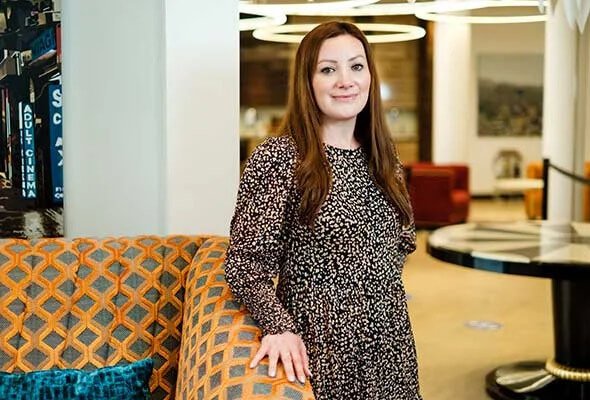
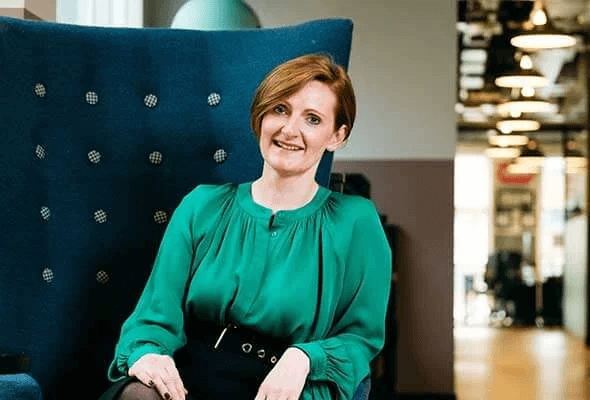


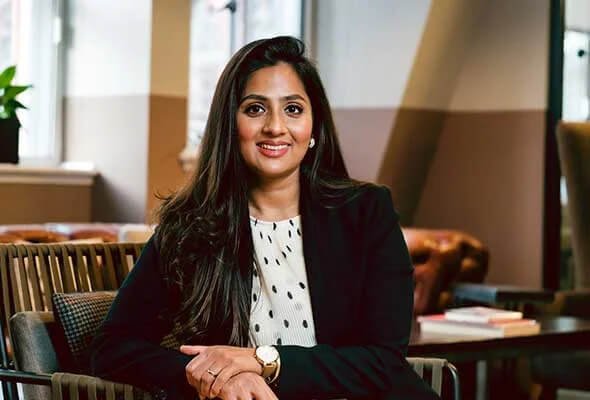

About Us
As a specialist firm, we focus on all areas of family law and legal matters that affect private wealth.

Explore
Contact
Contact
info@allardbailey.com
(+44) 020 7993 2936
Head Office
3 Waterhouse Square,
138 Holborn, London, EC1N 2SW
Hertford Office
114-116 Fore Street, Hertford,
SG14 1AJ
Allard Bailey Family Law is a practice name of Allard Bailey Family Law Ltd, a company registered in England and Wales (no 10359344) and authorised by the Solicitors Regulation Authority (no 634271)
© 2024 Allard Bailey Family• All Rights Reserved

